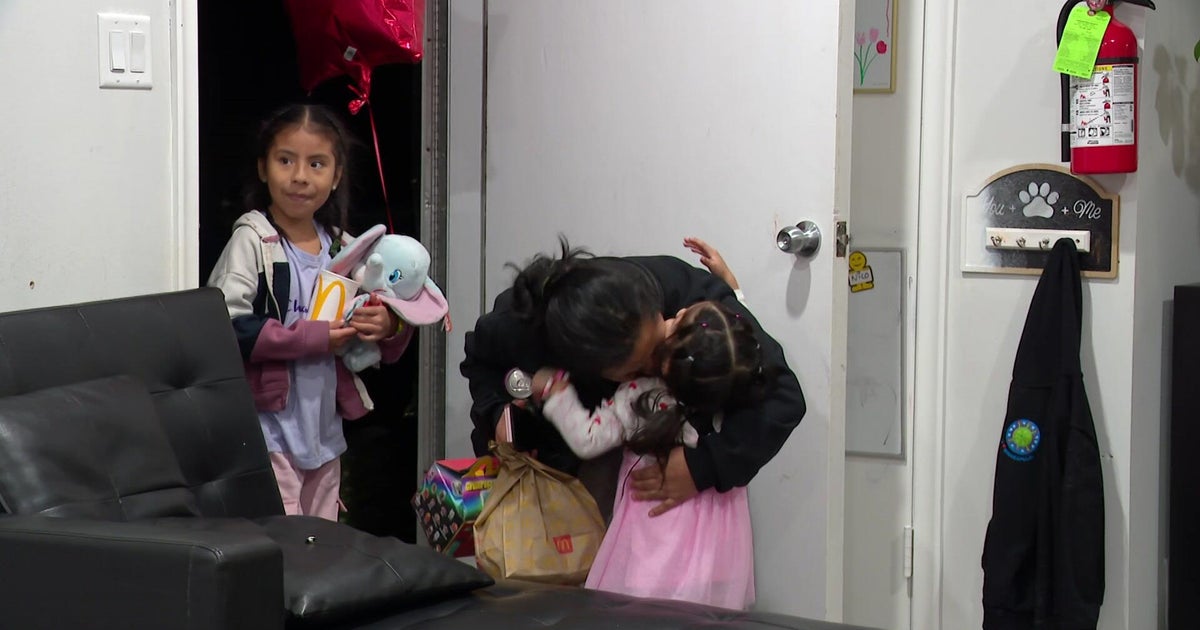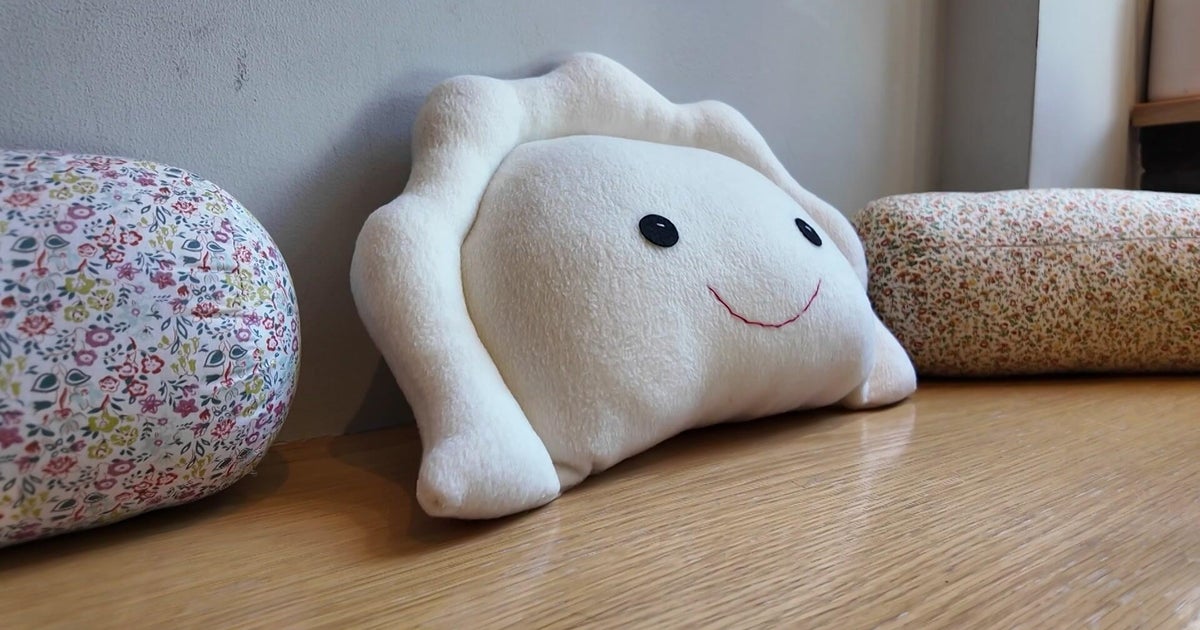No-Needle In Vitro Fertilization Offers New Hope To Women Struggling To Become Pregnant
NEW YORK (CBSNewYork) -- For women who are trying to become pregnant, it can be an anguishing time. In vitro fertilization has proven to be successful for many, but it comes with its own set of anxiety in the form of expensive injections.
Now, a new, no-needle IVF treatment is showing promise.
Becoming a mother was everything for one woman who spoke with CBS2. Today, she has a beautiful 20-month-old daughter, but getting pregnant was far more difficult than she ever could have imagined.
"I wasn't even like, 35 at this point and here I'm being told I can't get pregnant," she said.
CBS2 chose to conceal the woman's identity because she says family and friends aren't aware of her struggles, which include several miscarriages. She eventually went through the physical and financial ordeal of in vitro fertilization without any success.
"It's not normal to be injected with that high volume of hormones into your body, but you're so desperate you just want that baby," the mom said.
Countless shots and tens of thousands of dollars later, she finally opted against more injections. Instead, she was offered a new, experimental protocol.
"In the end what got me pregnant was Dr. Williams and a 10 dollar co-pay," the mom said.
Dr. Zev Williams is the chief of the fertility division for Columbia University Medicine. The co-pay was for a new oral fertility treatment called Columbia Oral, or Coral-IVF.
"With the oral idea of protocol, instead of taking 30 injections to stimulate the follicles to grow, the woman just takes a combination of pills that causes her body to make sure the same hormones to cause those follicles to grow," Dr. Williams said.
The pills are Clomid and Femara, which are used with traditional IVF but in different combinations. The woman who spoke with CBS2 was the first patient to get pregnant with the revolutionary treatment. Since it's still new, and fewer than two dozen women have tried it, doctors are proceeding very carefully.
"The patients who are being offered this are the ones for whom basically everything else has failed," Dr. Williams said.
There have been two other pregnancies resulting from CORAL-IVF, but not all of the embryos have been transferred back yet so doctors are hopeful that number will go up.
"To be able to have worked together with the patient and the team to come up with something novel, and for that to result in a couple having success is just one of the greatest feelings in the world," Dr. Williams said.
Williams adds there may be fewer eggs retrieved with this process, but they still are of high quality and very viable.







